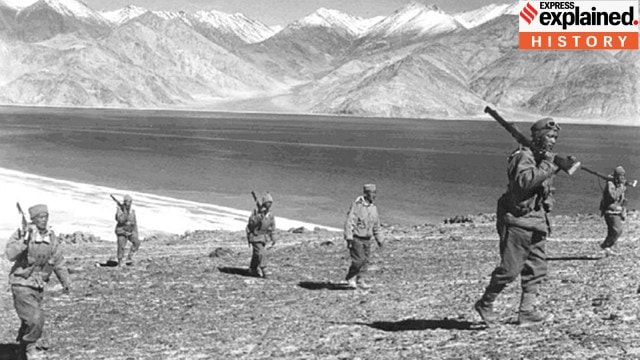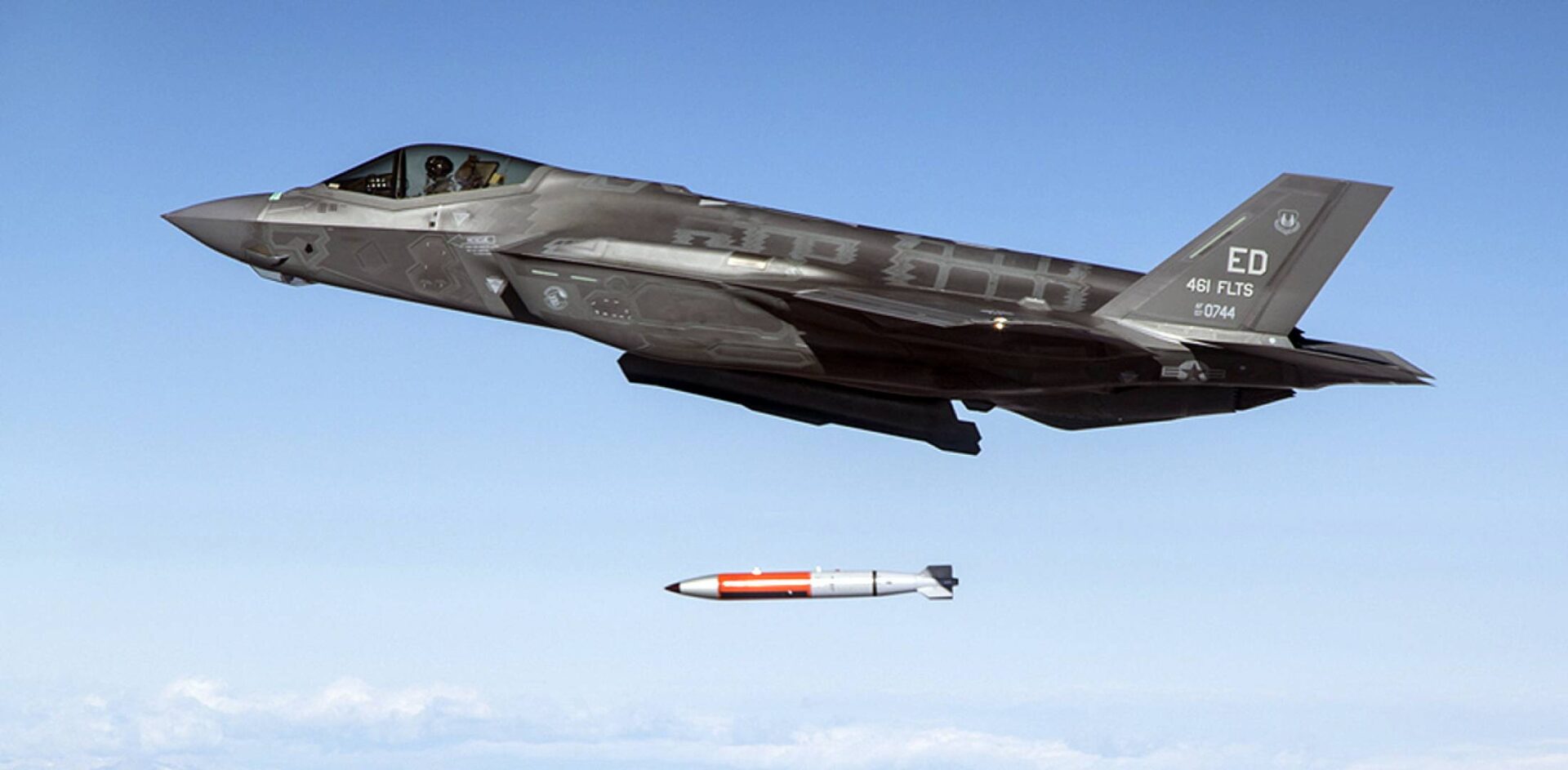Yashee

Sixty-one years ago today, on November 21, 1962, China declared a ceasefire in its war with India. The 1962 conflict was a major humiliation for New Delhi, denting the image of its first Prime Minister, Jawaharlal Nehru, forever. For China, it was a loud proclamation of might, for neighbour India as well as the West. However, while China had dominated the fighting comprehensively, the territorial gains were not proportionate. In the west, it did capture Aksai Chin, but in the east, China withdrew 20 km behind the McMahon Line.
Why did China declare a ceasefire in a war it seemed to be easily winning, and why did it withdraw behind the border it had crossed to start the fight? Here’s a brief explanation of what experts have seen as the two major reasons.
Why the 1962 India China war began
While many factors contributed to active war finally flaring up on a restive border, many have blamed Nehru’s ‘Forward Policy’ for “provoking” China. Put very briefly, the Forward Policy involved the Indian Army establishing outposts in territories disputed by China. Some have argued that such actions by an ill-prepared and ill-equipped army pushed China to attack, and defeat, India.
Others have pointed out that the war was triggered by India’s decision of granting sanctuary to the Dalai Lama after he fled Tibet under Chinese oppression, and from China’s desire to be seen as the undisputed Asian leader. Also, this was the time when resentment was rising in China against Mao Zedong’s Great Leap Forward policy to forcibly modernise and industrialise the country, and a successful war was one tactic most guaranteed to restore his popularity.
















